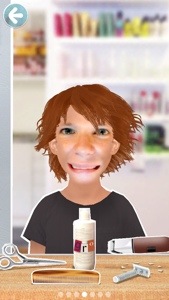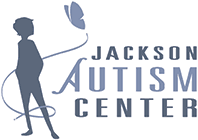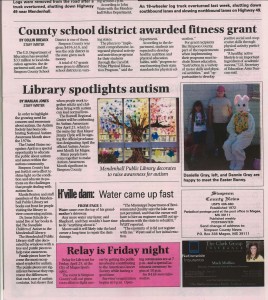One of my clients is getting ready for a big day…getting a haircut! This has not been an easy task for her or her family- lately, it has ended with her becoming very upset and reenacting the entire haircut. I am currently working with her family to make this a more positive experience as she gets ready for her next haircut. As I was getting ready, I ran across these tips from Autism Speaks.
Here are a few things I am doing to help this be a more positive experience:
- Using Toca Boca’s Hair Salon Apps- Hair Salon, Hair Salon 2, Hair Xmas, and Hair Salon Me. We take turns in the “hair salon” fixing up the person’s hair, whether it be a girl, boy, Santa, Xmas tree, or a photo we take. This helps her become familiar with the steps taken when getting your hair cut and allows her to be in charge of what happens and when it happens.
- Writing out a social story about what will happen at the salon. This is based off our pretend play with the Hair Salon apps.
- Making a video social story. This will allow her to practice and process the haircut before it happens. We will video in a manner that looks as if we did cut hair so when she watches the video, she sees herself being successful getting her hair cut.
- If needed, she will visit the salon prior to the haircut. This will allow her to meet the hairdresser and share any specific requests she may have. One of these requests may be to only get a “trim.”
- A list of what will happen and in what order may help to decrease anxiety about the haircut.
- Becoming familiar with the items that will be used in the salon and the smells in the salon can both be useful tools to creating a good visit. Hair salons have many smells and may not be pleasing to an individual with autism.
 These are just a few tips to ease the stress of haircut day.
These are just a few tips to ease the stress of haircut day.


